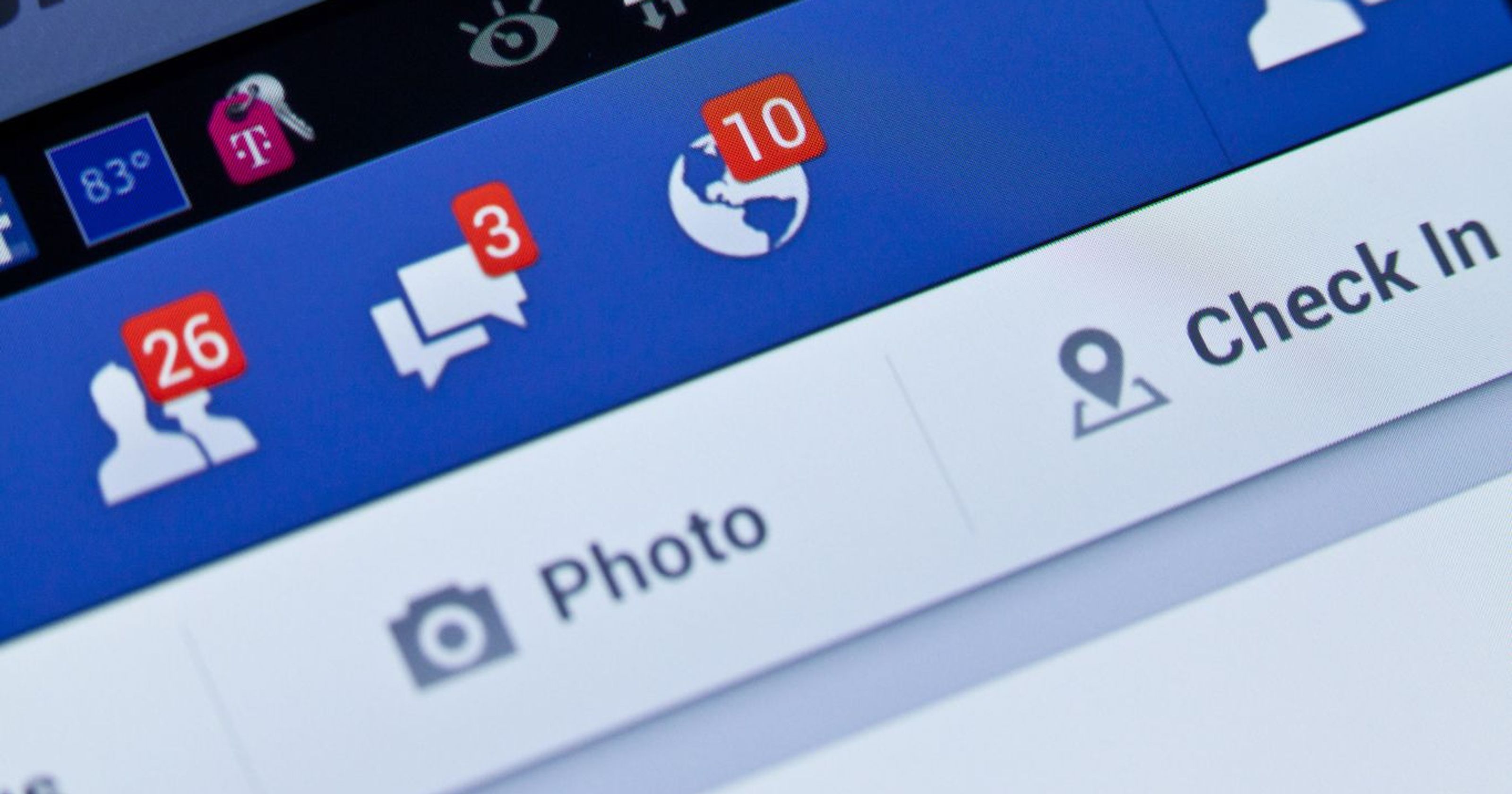

Now that you know Facebook is no longer being the ‘peeping Tom’, you must be scrolling down your Facebook account with a relaxed mind, right? Data breach is no longer a concern to you? Well, my friend, you will have to wait.
What happened in 2018?
In 2018, Facebook was hit hard in the gut when it was forced to take down its mobile web analytics application, Onavo Protect, from the iOS App store.
Why did Facebook take down Onavo Protect from Apple’s app store?
Onavo, Facebook-owned-Israeli-application, was not only found guilty of being a spyware that kept an eye on users’ activity, but also was functioning as a data collection tool that collected data on the usage of other applications. The app was found guilty of data breach. The app was capable of confirming whether a smartphone’s screen was on or off, usage of cellular data in bytes and if the Wi-Fi was being used or not. Onavo Protect was taken down from the iOS app store since it violated the iOS’ stringent guidelines that discourage the collection of data while using other apps. Onavo is still available on playstore and has been installed more than 10 million times.
Why is this so concerning?

According to a research done by Tech Crunch, since 2016, Facebook has been paying approximately 20$ per month to people between the ages of 13 and 35 in lieu of using its data collecting VPN app known as Facebook Research. A clear case of data breach. Users only require to keep the VPN running. ‘Facebook Research’ is not available on any of the app stores, but is being offered via third party beta testing services such as, BetaBound and uTest.
What does this application do?

Image Source: Pixel Privacy
The research application, christened as ‘Project Atlas’ (in some of the documentations); helped Facebook in data breach as it extracted detailed personal data by tracking smartphone users’ activities on multiple applications in order to understand users’ attitude towards the third-party applications. The application has also been placed into the bad books because of its invasive nature as it reads users’ messages in the social media apps, non-e2e messages, web searches as well as activities. It can pin-point your location as well. The application is so capable that in many instances, data can even be collected from apps that use encryption.
What does Facebook have to say about these speculations?
Facebook’s spokesperson has clarified that the application is in accordance with the Apple’s Enterprise Certification program. After being aware of the issue, Apple is planning to shut down the Research app’s iOS version, however, the android version of the application is still available on the platform.
What can be concluded from this situation?
The one thing that can be definitely inferred from this situation is the increasing disregard for an individual’s privacy. Although, Facebook Research app came out in the open but there are many more that have been spying on the smartphones of millions of users resulting in the invasion of their privacy. Sometimes, such activities are untraceable and applications are stealthy enough to keep everything in dark. The intent might or might not be malicious but is definitely an attack on a person’s privacy and is an attempt at data breach. We, at Kratikal, work day and night to keep your data secure and impenetrable. We ensure that your information is free from any loopholes that might become a cause for data breach and its distribution is solely in your hands.

